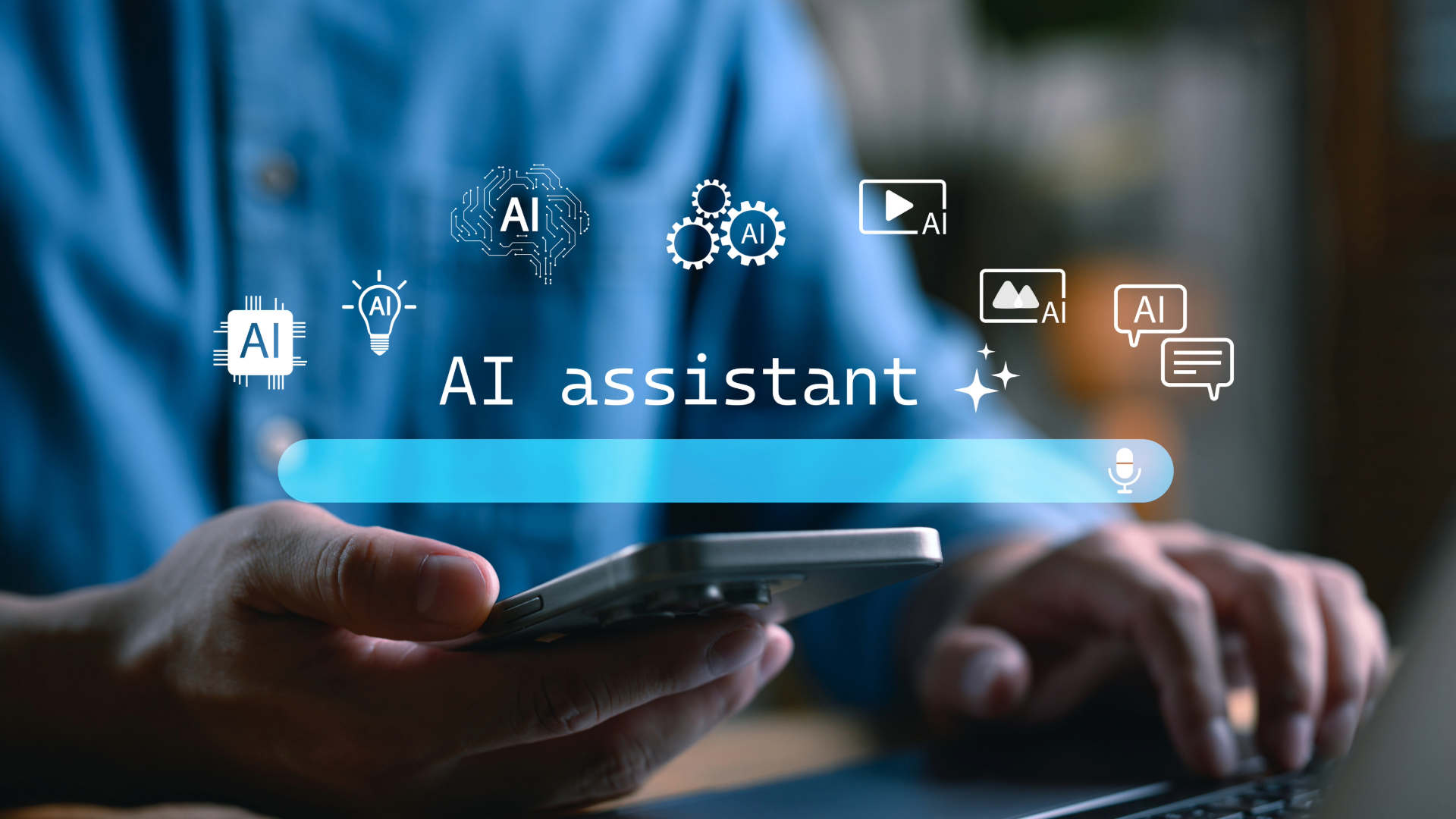Generative AI, LLMs, and smart search features have become ubiquitous in consumer and enterprise apps and features. Those already employing or curious to try AI capabilities in their workforce might be overlooking a small yet crucial aspect for these AI integrations.
For businesses, AI models, both public and private, carry a risk factor. If employees can utilize any tool, ungoverned, the security and compliance pitfalls become significant.
When deploying AI, businesses want to encourage the organic use of AI features and search. This can all be done securely, responsibly, and at scale with an essential control point: secure AI gateways.
Traditional API vs. AI Gateways
AI gateways are designed to manage interactions with LLMs and AI services securely. This provides a centralized point of governance to manage AI consumption by any team from any model.
AI gateways mirror traditional API gateways in many ways. However, key complexities differentiate the process for AI.
These pieces are crucial for safety and compliance. Advanced data masking protects prompts and responses from company-sensitive data input or output. Additionally, AI gateways are equipped to monitor token consumption to manage costs and usage.
AI Gateways Are NOT Optional
To use AI effectively and protect their reputation, organizations need to recognize the importance of AI governance. Many models are public, and sensitive customer information must be guarded to stay compliant with service terms and prevent data breaches.
What features and models are employees utilizing in their day-to-day operations? Business leaders need an observable control point to manage how teams are consuming AI.
AI gateways protect from accidental data input or output to meet ever-evolving regulations. Additionally, these control points optimize the efficiency of LLM expenditures, helping businesses scale sustainably.
Reap The Benefits, Avoid The Pitfalls
With increased AI adoption, business leaders need to continue to encourage organic AI usage without security concerns and blind spots. AI gateways simplify architecture through a unified control plane to manage AI consumption and more readily scale and adapt to new protocols.
Implementing an AI gateway yields immediate value through enhanced security and compliance. Enforcing robust security policies, encryption, data masking, and granular access controls enables compliance with strict regulations.
Businesses should practice caution to avoid the potential pitfalls of deploying an AI gateway. Mitigate the risk of a single point of failure through multi-region deployments. Opt for open standards or multi-cloud capability to avoid vendor/contract lock-in. Foster gateways with ongoing training to reduce AI hallucinations and ensure healthier prompts and behavior.
Control Traffic With Responsible AI Gateways
Deploying an AI gateway is a multi-layered process. Organizations need recognition, alignment, and robust governance to adopt. A successfully implemented AI gateway will support multiple models while providing one interface.
Employees can still access whatever model or tool they prefer, further encouraging their use and familiarity with AI. With the secure AI gateway installed, every search and feature becomes standardized and compliant.
AI consumption carries serious data compliance risks. Traffic needs to be observable and governed. With the deployment of an AI gateway, businesses gain control of AI traffic generated by every team from every source.
Ensure AI is being used responsibly across your business through a centralized, controlled environment with secure AI gateways. An experienced Worldnet advisor can help you start your AI success journey, identifying the wants and must-haves of your organization.




